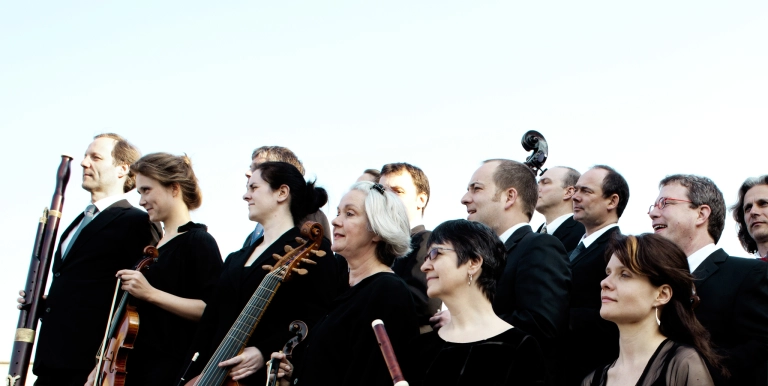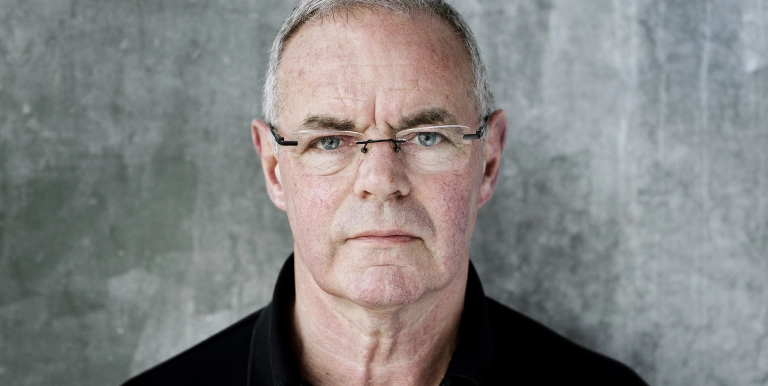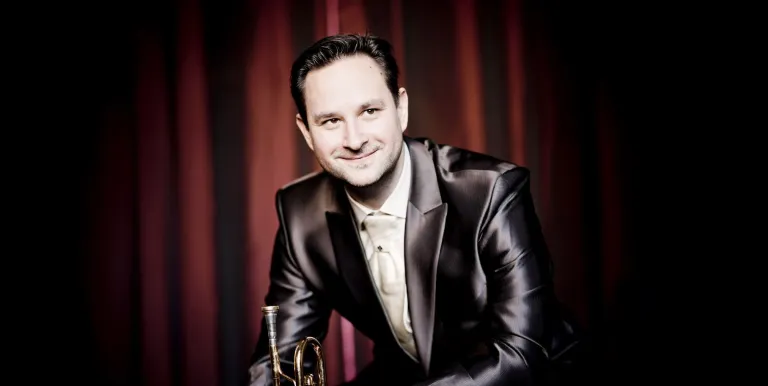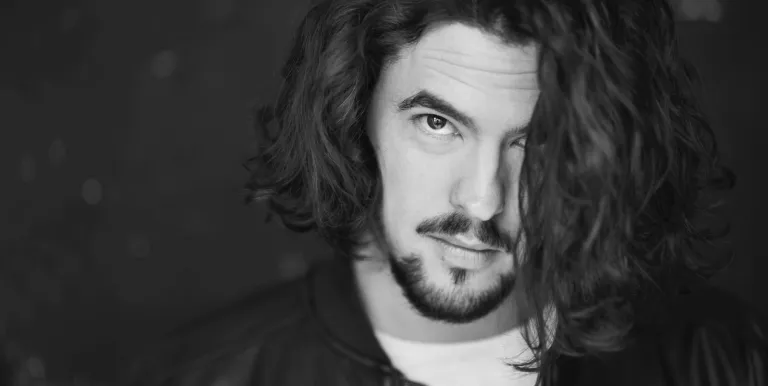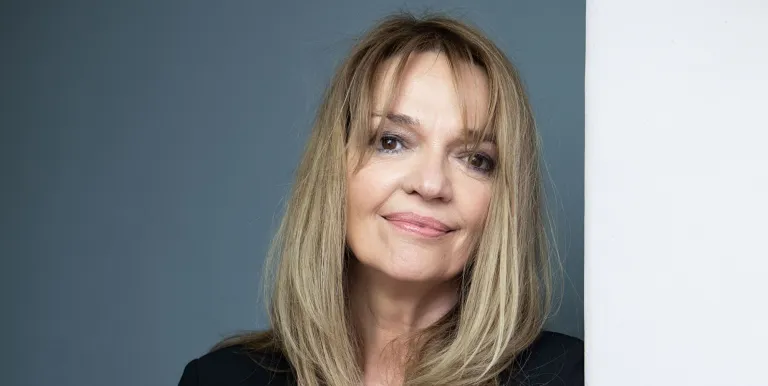one interval
Conductor:
Featuring:
Creator:
J. S. Bach
Nun komm, der Heiden Heiland BWV 62
J. S. Bach
Christen, ätzet diesen Tag - cantata, BWV 63
J. S. Bach
Unser Mund sei voll Lachens - cantata, BWV 110
J. S. Bach
Magnificat, BWV 243
If you had to listen to the work of only a single composer at Christmastime, who else could it be besides Bach? His music is eternally valid, elevated and perfect, while his works radiate and sanctify faith. His secular works, too, are often permeated with a sacred atmosphere, and much of his church music is associated specifically with the Christmas holidays.
The four compositions being performed at the concert are good examples of this. The opening piece in the concert, Nun komm, der Heiden Heiland, a cantata adding harmonies to the hymn Martin Luther wrote for the first Sunday of Advent, was first performed in 1724. Although Christen, ätzet diesen Tag ('Christians, remember this day') is not expressly Christmas music, it is of a celebratory nature that presumably originates from Bach's period in Weimar in the 1710s. Unser Mund sei voll Lachens ('Let our mouths be full of laughter') was written for the first day of Christmas 1725 (in its opening chorus, one can discern the overture to Bach's Orchestral Suite No. 4 in D major). The text of the Magnificat, Mary's song of thanks ('My soul proclaims the greatness of the Lord; my spirit rejoices in God my Saviour.”), is familiar from the Gospel of Luke. Visited by Elizabeth, the mother of John the Baptist, Mary informs her that she is expecting a child. In keeping with the Yuletide theme, all four works are cheerful in tone, with dynamic rhythms and orchestrations that flow with light.
Celebrated at the great festivals of Europe, the Dresdner Kammerchor was founded in 1985 by Hans-Christoph Rademann, who continues to lead the ensemble to this day. The choir regularly partners with Le Concert Lorrain. As its name indicates, this orchestra is French, although just like the chorus, it exceeds national boundaries in its significance and since its establishment in 2000 has made its impact felt in performing the full spectrum of European early music.
Educated at King's College, Cambridge, Christ Church, Oxford and London's Guildhall School, the 68-year-old Marcus Creed is recognised across Europe as a choirmaster, conductor and a dedicated interpreter of early music.
Presented by: Müpa Budapest
-
We wish to inform you that in the event that Müpa Budapest's underground garage and outdoor car park are operating at full capacity, it is advisable to plan for increased waiting times when you arrive. In order to avoid this, we recommend that you depart for our events in time, so that you you can find the ideal parking spot quickly and smoothly and arrive for our performance in comfort. The Müpa Budapest underground garage gates will be operated by an automatic number plate recognition system. Parking is free of charge for visitors with tickets to any of our paid performances on that given day. The detailed parking policy of Müpa Budapest is available here.

